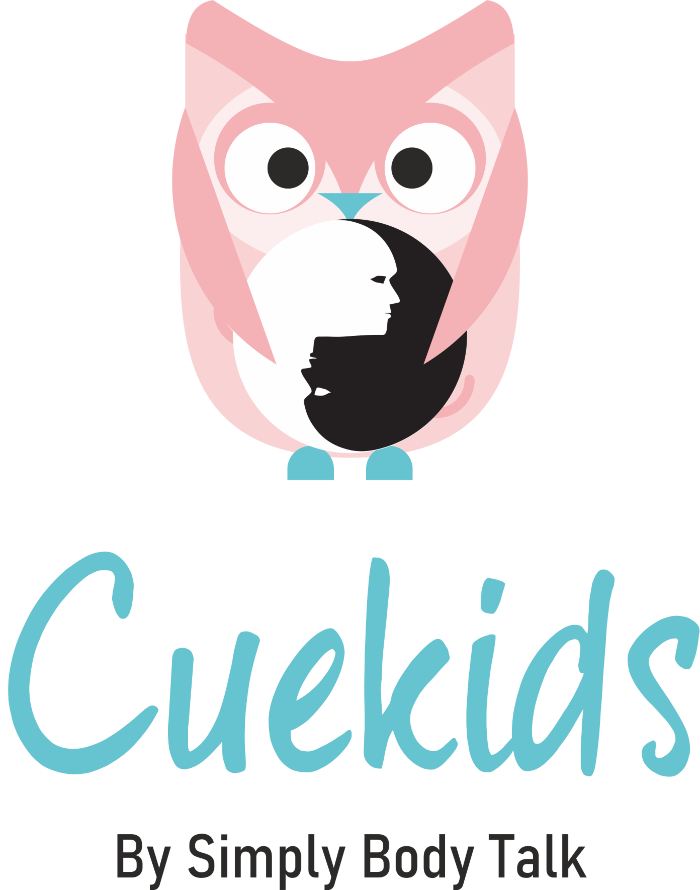Emotions are at the heart of what it takes to be a human being. They teach you how to act ethically, form healthy relationships with others, be kind and loving, and the list never ends. They are also the foundation for success in various domains of life, including professional success.
Emotional neglect in childhood has short-term as well as long-term consequences.
Below are some evident consequences that will help you understand why it is crucial to possess emotional skills and intellect from childhood.
- Emotional development begins in childhood. If your feelings were being validated, you understand that feelings are okay. If not, you lack the learning and have trouble regulating your emotions. This lack of emotional regulation can hinder your Personality Development, making it harder to build resilience and self-awareness.
- Since you never learnt emotional intelligence and never expressed your emotions because there was nobody to listen to them, in most cases, you model this behavior. You are emotionally unavailable as an adult, which can hinder your Personality Development and make it difficult to build a positive self-image.
- Because you never expressed your emotions, you have difficulty trusting others. You don’t know if it’s okay to rely on others.
- You feel flawed and empty. You may show anger and act aggressively in certain situations. Therefore, your mental health goes for a toss, affecting your overall Personality Development and Body Language.
- It is difficult for you to build healthy connections or to communicate efficiently with others. Your Body Language may reflect this discomfort, making social interactions even more challenging.
- It affects your social skills as you are not aware of how to deal with difficult situations and the emotions it evokes.
Loneliness, social anxiety, isolation, and high sensitivity are among the others that an emotionally neglected child has to face in adulthood. As an adult, it is hard to learn emotional skills. Adulthood entails far more aspects that make it arduous to have a hand on emotions. It is, therefore, crucial that our child learns these emotional skills in their early years. As Freud, an eminent psychologist says, most of our personality forms in the early years of life. Therefore, it is essential to be emotionally available to children and help them regulate their emotions to see them evolve and thrive in adulthood. It is apparent that academic knowledge and intelligence are not the only precursors of success, but a successful Personality Development demands emotional skills. Empathy develops over time and is an antecedent for a variety of prosocial behavior.
Read: Why is teaching Empathy to Kids important?

Emotions are difficult, and not everyone is comfortable expressing them. A lot of people even face difficulties due to this in their adulthood. Expressing oneself gives space for your thoughts and concerns. It is something that opens doors to complicated situations. Therefore, it is essential to teach your child to express emotions. It paves the way to becoming a better individual and enhances their Confidence.
Exercise the below activities to get your child open up emotionally:
- Open conversation: Let your child be open and candid while talking to you. Welcome your child’s thoughts and feelings. Avoid being judgmental and provide them a space where they can be vulnerable. This helps in the Personality Development of your child and improves their Confidence in expressing emotions.
- Introspection: Teach your child to introspect. Ask them why they feel a particular way to get them to open up about their experience more in detail. It will help them examine their emotions and teach them ways to deal with them, which can also be reflected in their Body Language as they grow more comfortable with self-expression.
- Practice: Talking about feeling sounds simple, but it is not. Start prompting questions every day to your child.
Example: How was your day? How do you feel about your win or loss? It will tell him that talking is okay and feeling is normal. Practice will give a boost to the ability to talk and open up, strengthening their Confidence over time.
You may also like to read – 4 Simple Ways Children can Learn and Manage their Emotions
Emotions is a medium that evokes self-awareness, cultivates relationships, and helps respond appropriately to interpersonal communication and external situations.






Leave A Comment